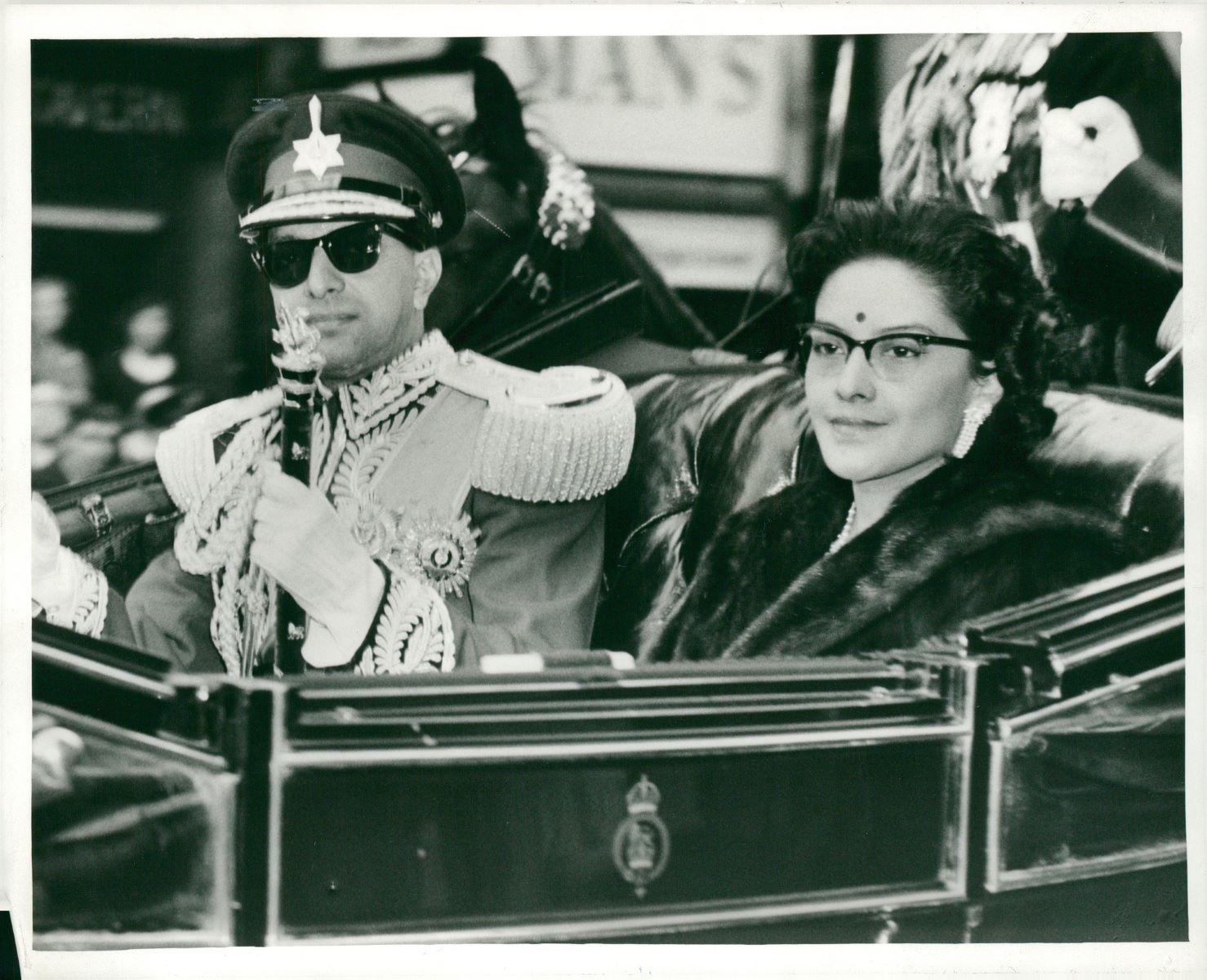
Welcome to our article on King Mahendra, where we will dive into the fascinating life and accomplishments of this iconic historical figure. Born on June 11, 1920, in Kathmandu, Nepal, King Mahendra Bir Bikram Shah Dev served as the monarch of Nepal from 1955 until his passing in 1972. Throughout his reign, he left an indelible mark on Nepalese history and played a pivotal role in shaping the country’s political landscape. From his visionary initiatives to his unwavering dedication to the welfare of his people, King Mahendra’s legacy continues to inspire and captivate those who study the history of Nepal. In this article, we will explore eight astonishing facts about King Mahendra, shedding light on his remarkable achievements and the impact he had on the nation.
Key Takeaways:
- King Mahendra, the ninth ruler of the Shah dynasty in Nepal, modernized the country through infrastructure development, education, and healthcare, leaving a lasting legacy of progress and development.
- King Mahendra’s humble lifestyle, passion for arts and literature, and diplomatic skills in handling foreign relations made him a respected and influential monarch in shaping modern Nepal.
King Mahendra was the ninth ruler of the Shah dynasty in Nepal.
King Mahendra Bir Bikram Shah Dev was born on June 11, 1920, and ascended to the throne on March 14, 1955, following the death of his father, King Tribhuvan.
He played a crucial role in modernizing Nepal.
During his reign, King Mahendra implemented various reforms and initiatives to modernize Nepal. He focused on infrastructure development, education, and healthcare, bringing significant advancements to the country.
King Mahendra introduced the Panchayat system in Nepal.
In 1960, King Mahendra dissolved the existing government and established the Panchayat system, which was an autocratic form of governance. This system remained in place until 1990 when popular protest led to the restoration of democracy.
King Mahendra successfully dealt with border disputes with neighboring countries.
During his reign, King Mahendra resolved border disputes with India and China, ensuring peaceful relations with both countries. His diplomacy skills were instrumental in securing Nepal’s territorial integrity.
King Mahendra had a deep interest in arts and literature.
Despite his busy schedule as a monarch, King Mahendra had a passion for arts and literature. He was a poet himself and actively encouraged Nepali literature and cultural activities during his tenure.
He established the Tribhuvan University.
To promote higher education in Nepal, King Mahendra established Tribhuvan University in It is the oldest and largest university in Nepal and has played a significant role in shaping the country’s education system.
King Mahendra was known for his humble and simplistic lifestyle.
Unlike many monarchs of his time, King Mahendra was known for leading a humble and straightforward life. He prioritized the well-being of his people and focused on the progress and development of Nepal.
King Mahendra passed away in 1972.
On January 31, 1972, King Mahendra passed away due to heart failure. His son, King Birendra, succeeded him as the next monarch.
Overall, the legacy of King Mahendra is remarkable, as he played a vital role in shaping modern Nepal. His contributions to Nepal’s development, his interest in arts and literature, and his diplomatic skills in handling foreign relations are part of his enduring legacy as one of Nepal’s most respected rulers.
Conclusion
In conclusion, King Mahendra was not only a charismatic leader but also a man of many astonishing talents. From his passion for the arts to his efforts in modernizing Nepal, he left an indelible mark on the country’s history. His dedication to education, commitment to democracy, and ability to connect with the people have cemented his legacy as one of Nepal’s most influential leaders. King Mahendra will forever be remembered for his remarkable achievements and the positive impact he had on the nation.
FAQs
Q: What significant reforms did King Mahendra introduce in Nepal?
A: King Mahendra introduced several reforms during his reign, including land reforms that aimed to redistribute land ownership and empower the marginalized communities. He also implemented economic policies to promote industrialization and modernization in the country.
Q: Did King Mahendra have any involvement in the arts?
A: Yes, King Mahendra was passionate about the arts and actively supported the promotion and preservation of Nepal’s rich cultural heritage. He himself was a talented poet and musician, and his patronage played a crucial role in shaping the development of Nepali literature and arts.
Q: What was King Mahendra’s stance on democracy?
A: King Mahendra initially ruled Nepal as an absolute monarch. However, in the 1950s, he initiated the process of democratization, culminating in the establishment of a democratic system in 1959. He believed in the importance of giving power to the people and played a significant role in Nepal’s transition to a constitutional monarchy.
Q: How did King Mahendra connect with the people of Nepal?
A: King Mahendra had a remarkable ability to connect with the people of Nepal. He was known for his down-to-earth nature and frequent visits to rural areas. He actively engaged with the citizens, listening to their concerns and taking steps to address their needs, which earned him great respect and admiration.
Q: What was King Mahendra’s contribution to education in Nepal?
A: King Mahendra was a strong advocate for education and took significant steps to improve the education system in Nepal. He established several schools and colleges, introduced educational reforms, and encouraged access to education, particularly for girls and marginalized communities.
Was this page helpful?
Our commitment to delivering trustworthy and engaging content is at the heart of what we do. Each fact on our site is contributed by real users like you, bringing a wealth of diverse insights and information. To ensure the highest standards of accuracy and reliability, our dedicated editors meticulously review each submission. This process guarantees that the facts we share are not only fascinating but also credible. Trust in our commitment to quality and authenticity as you explore and learn with us.
